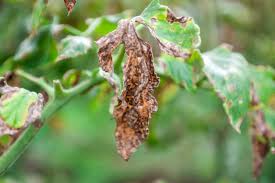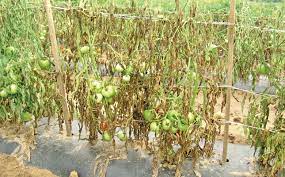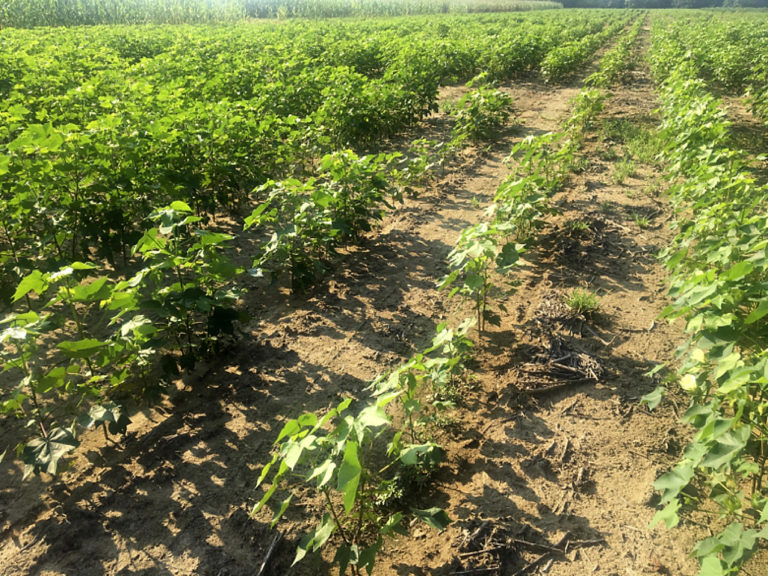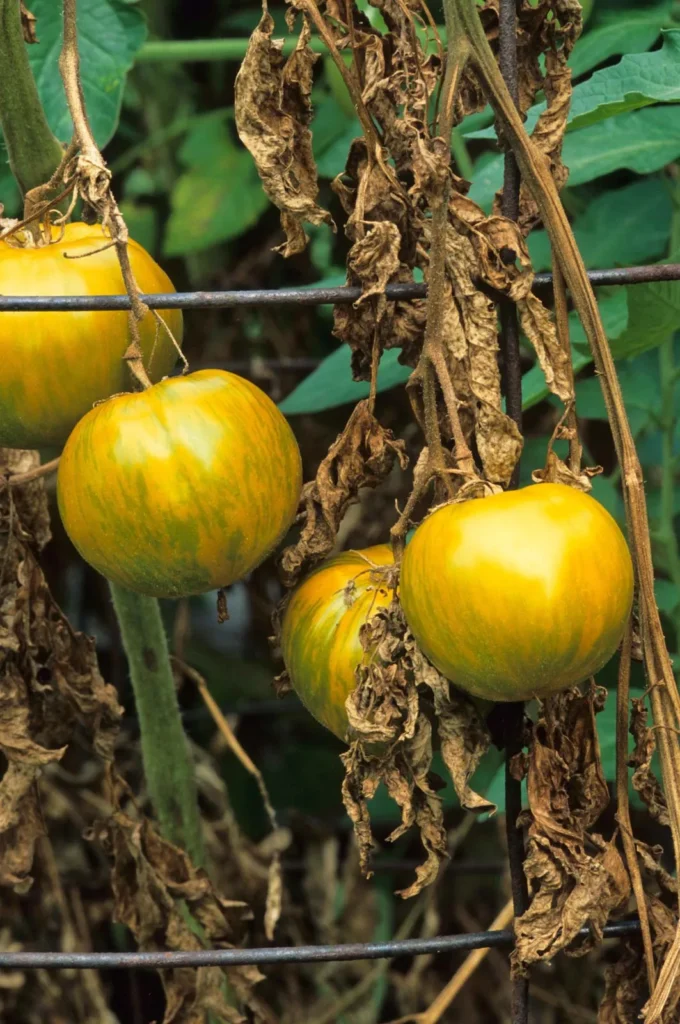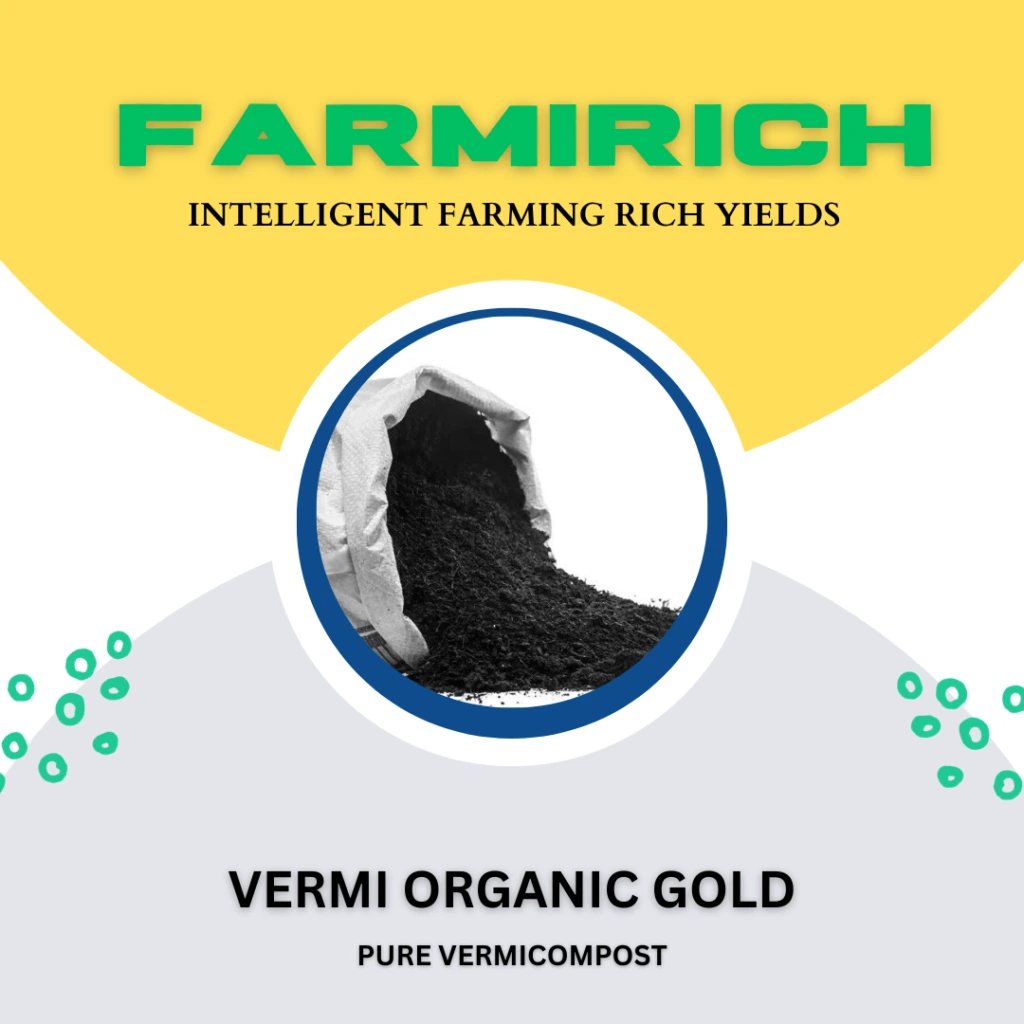ORGANIC WILT CARE
‘ORGANIC WILT CARE’ organic vermicompost provides good quality organic vermicompost with good neem flour and biological insecticides like Trichoderma harogenium, Pseudomonas fluorescens, Bacillus subtilis, biological fungicides. , to prevent dry rot, and to eradicate those that have arrived.

